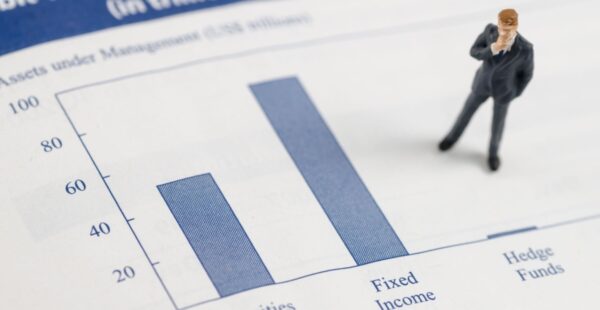Barclays research warns of other ‘tragedy on the horizon’

A research report released by Barclays has revealed warnings about the risk of investors pursuing a rapid rate of decarbonisation of investment portfolios, as it outpaces the transition to a net zero economy.
The domination of climate change in headlines has led issuers and investors to establish commitments to decarbonisation and portfolios aligned with net zero goals, including reducing greenhouse gas emissions by 2050. Investors have followed suit and made net zero commitments on their investment portfolios.
The signatories of the three largest net zero initiatives have also recorded $84 trillion in assets under management for net zero commitments. However, Barclays’ report highlighted how the effectiveness of portfolio decarbonisation relies on the goals, targets and implementation strategies of individual investors.
“We see a risk of alternate ‘tragedy of the horizon’: that investors pursue a rapid decarbonisation of investment portfolios that is incompatible with the transition to a net zero economy,” the report said.
“In this scenario, the rush by investors to divest problematic issuers and sectors leaves them with no seat at the table, or leverage to encourage changes in behaviour.”
The research also revealed that while net zero investing can be sorted into two categories, reduction techniques and alignment strategies, Barclays said only the latter approach has a direct impact on real world emissions.
Reduction techniques involve investors lessening portfolio emissions as much as possible through forms of portfolio engineering, like selling high-emitting assets, short-selling and buying green-labelled securities.
Alignment strategies encourage investors to focus on long-term decarbonisation, by engaging with issuers of financial securities to reduce their greenhouse gas emissions and creating a portfolio of net zero aligned assets that are on a credible transition pathway.
Barclays’ report also said rising concerns that funds with high portfolio-level emissions and a lack of commitment to long-term decarbonisation will become increasingly difficult to sell and is expected to cause a rush of investors looking to offload these funds, after a similar rush occurred with the Sustainable Finance Disclosure Regulation.
“There is a material risk that investors manage to decarbonise their portfolios without decarbonising industry,” the report said. “This would fail to achieve the overarching goals of policy makers and climate-aware investors.”
“We therefore believe that alignment strategies will be viewed more favourably as net zero investing matures as a concept and that short-term emission reduction techniques should always be complemented by long-term engagement in encouraging the decarbonisation of the underlying security issuers.”











How ridiculous is it, that it is impractical for a generalist adviser to give personal risk protection advice. Doesn't serve…
What is the Dearth you speak of. It is mentioned several times??
Also the issue of life company price gouging and pathetic service standards makes risk advice barely worth writing.
LIF and the woeful nature of the current IP policies compared to those in super are much more to blame…
I wonder which industry recovers following government intervention / regulation?